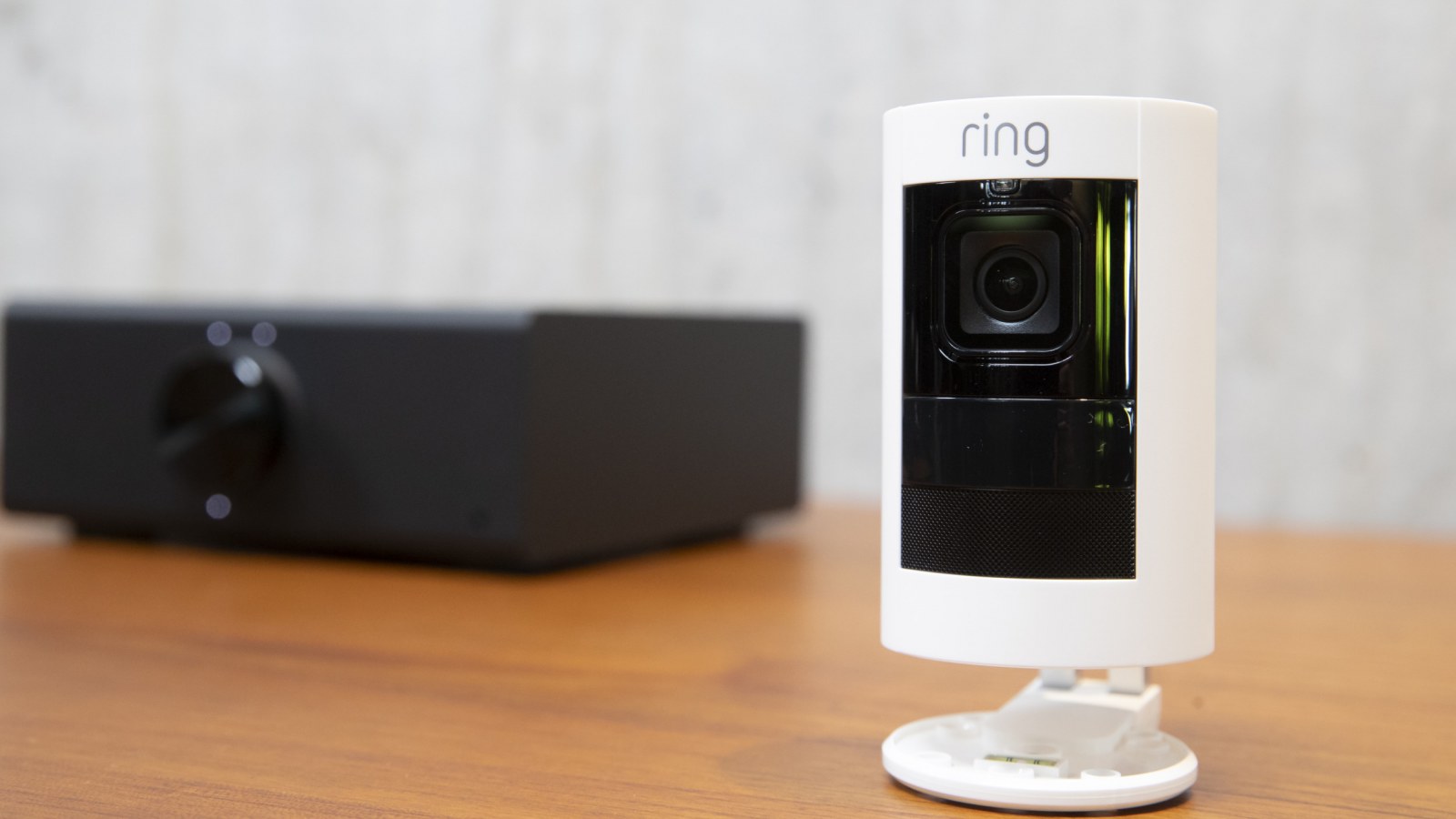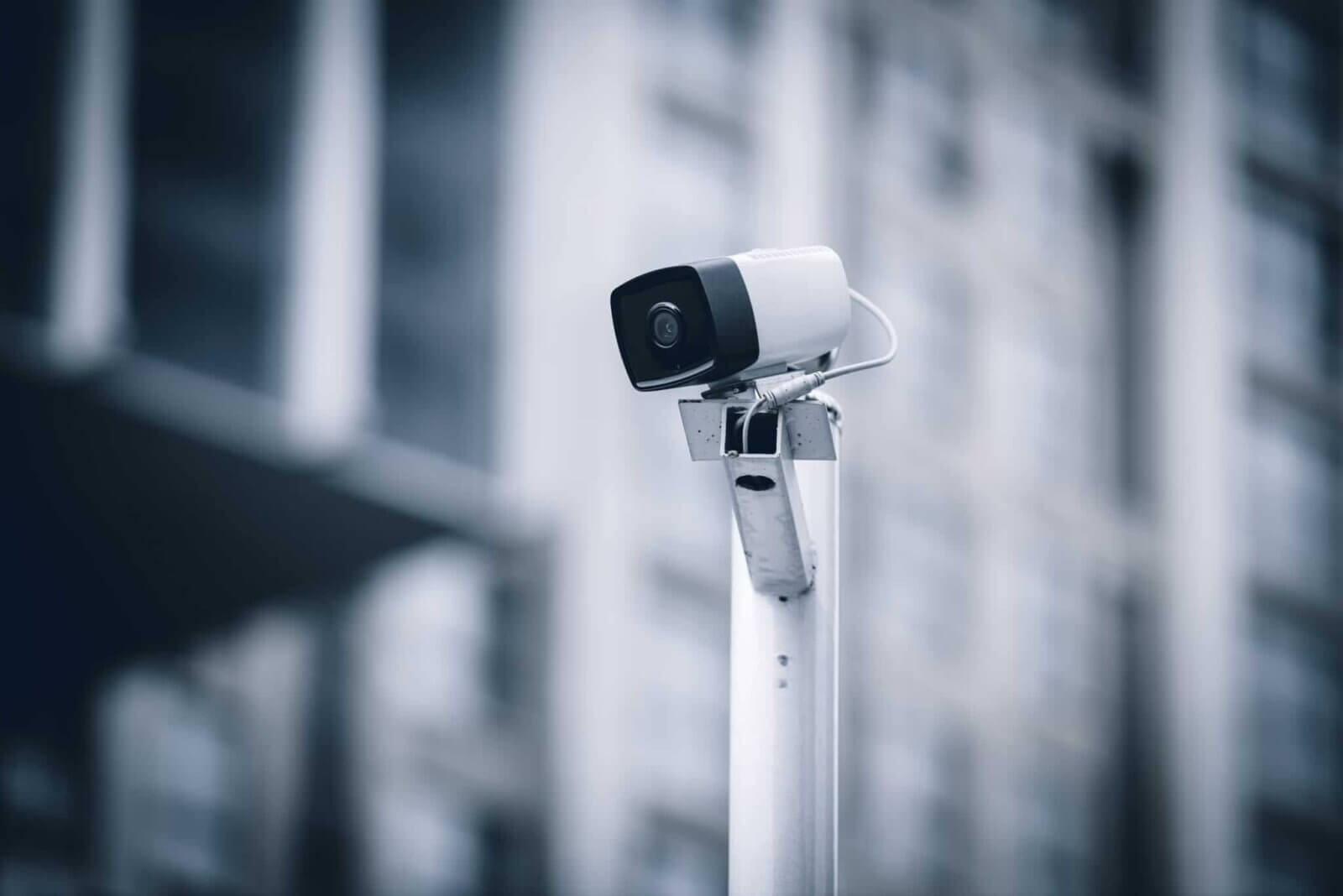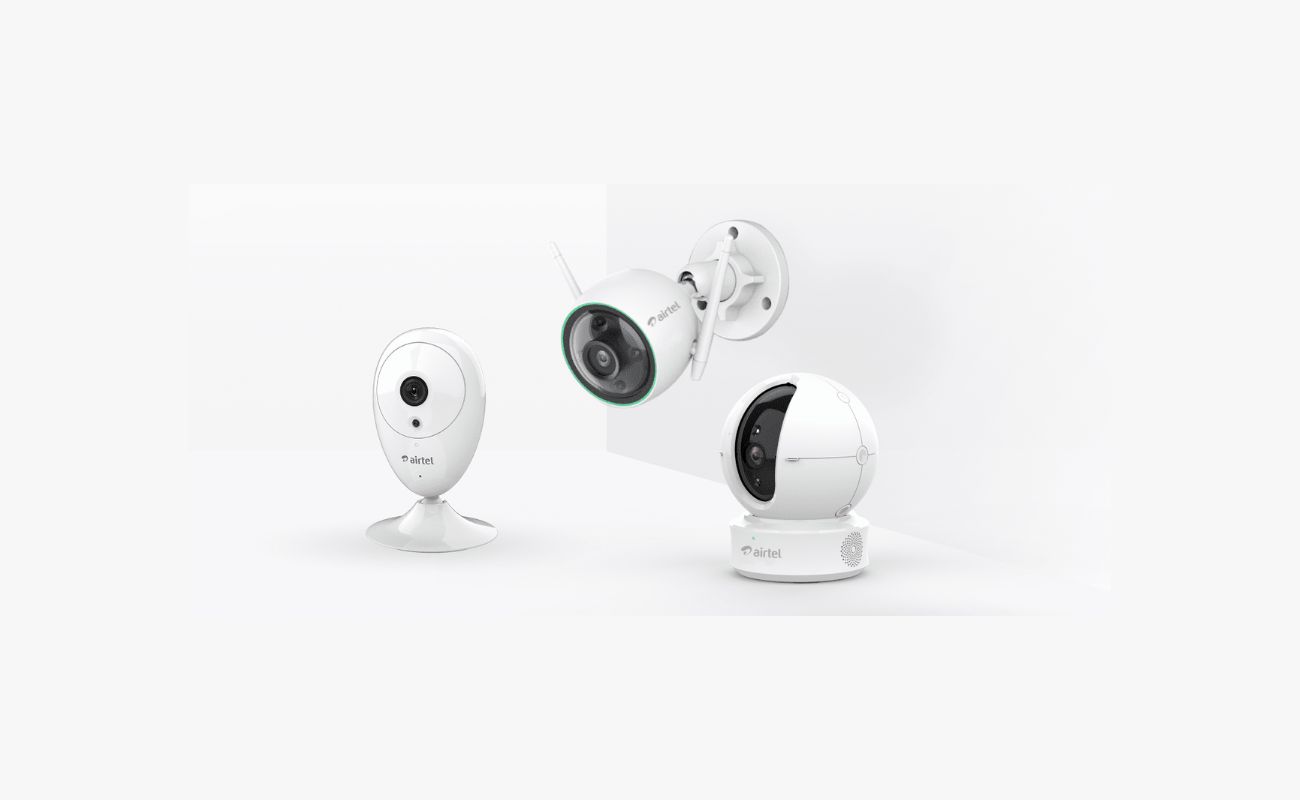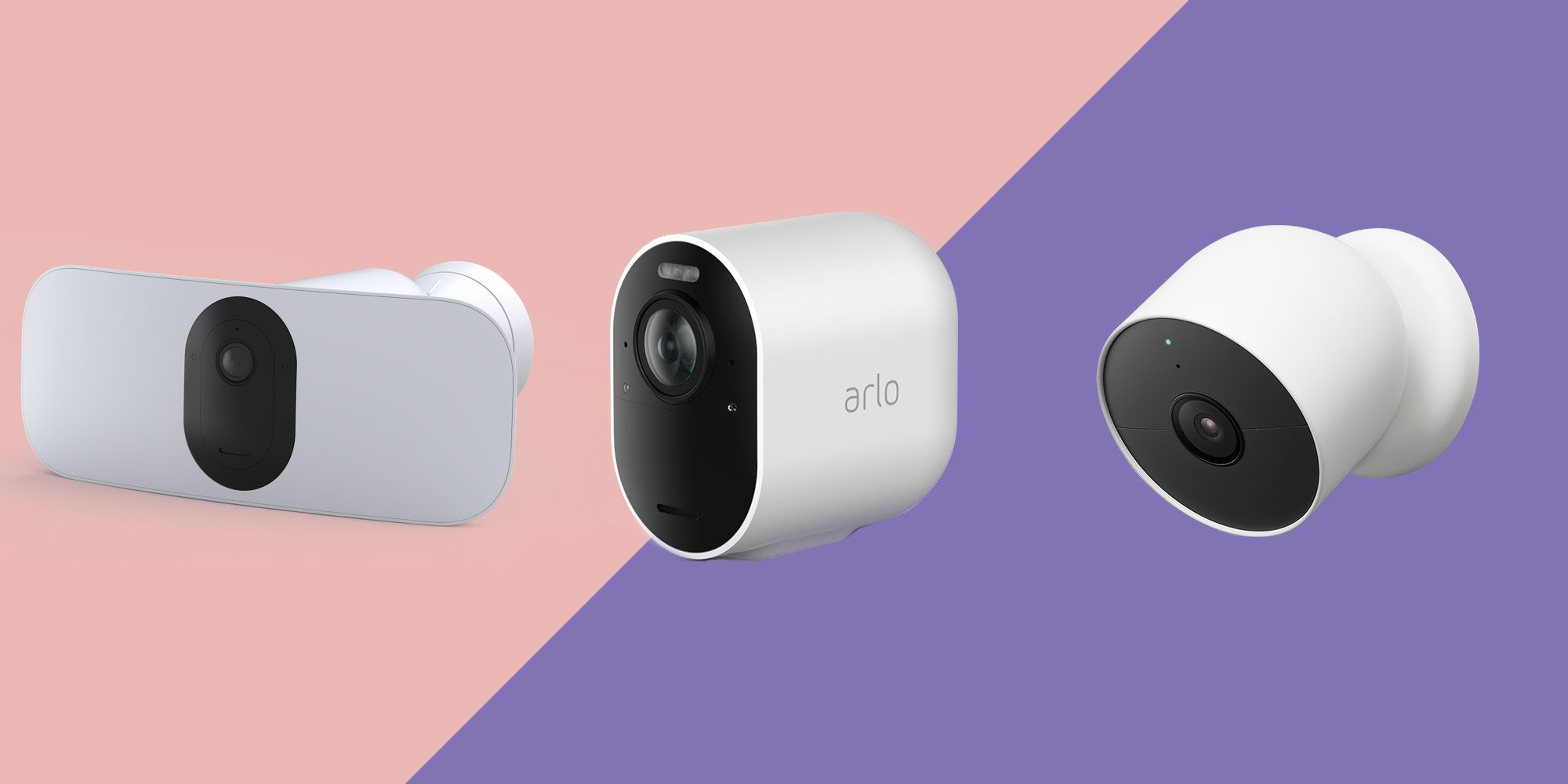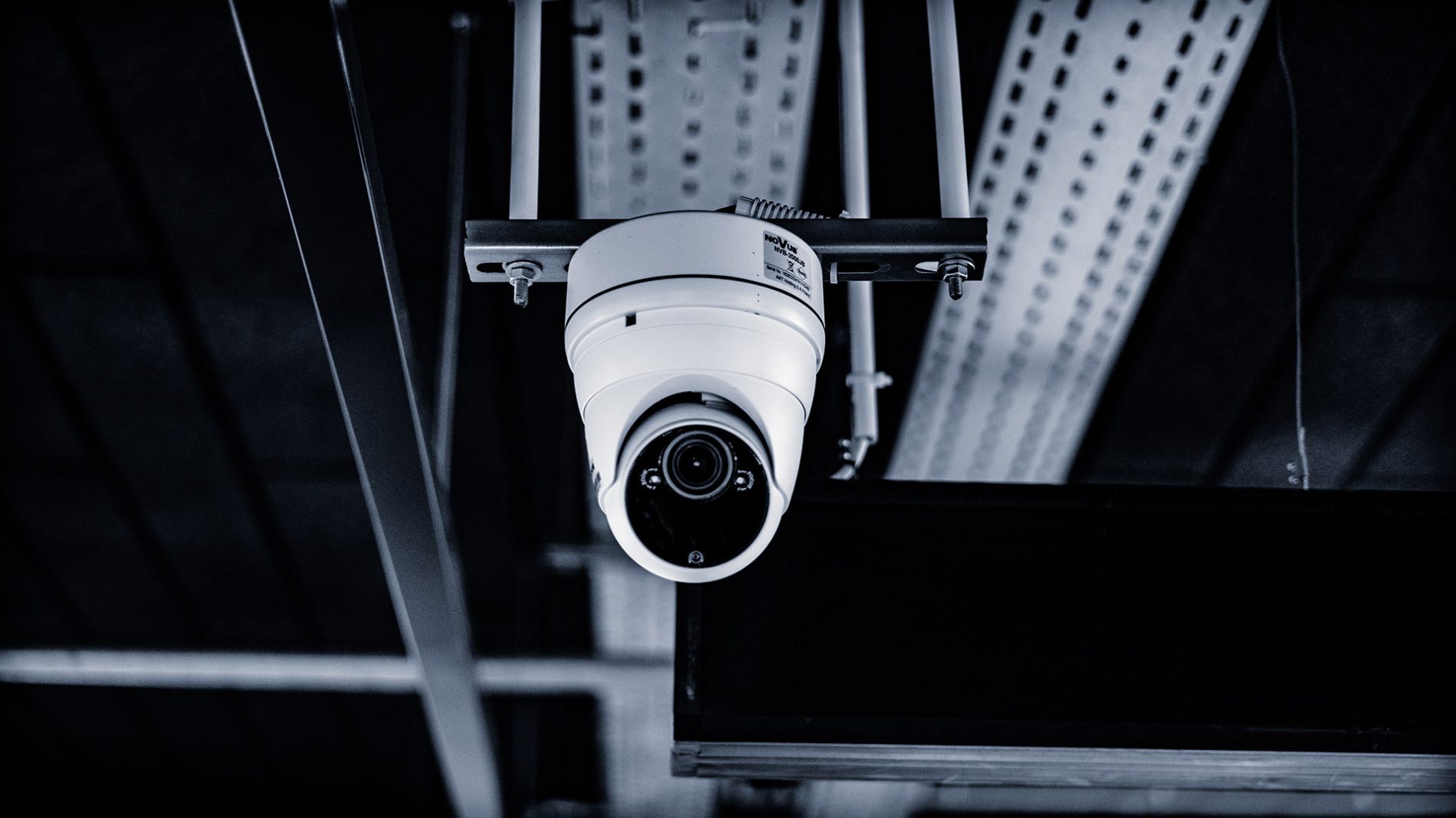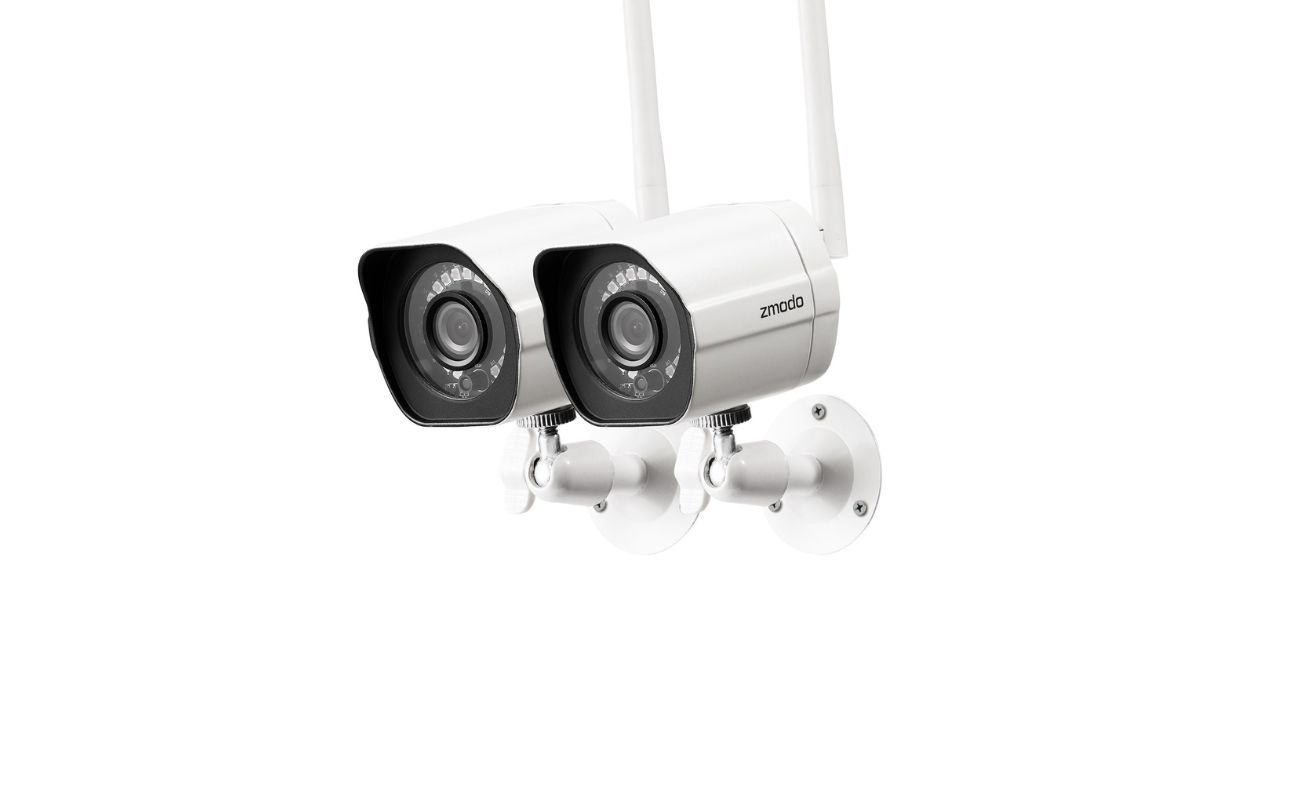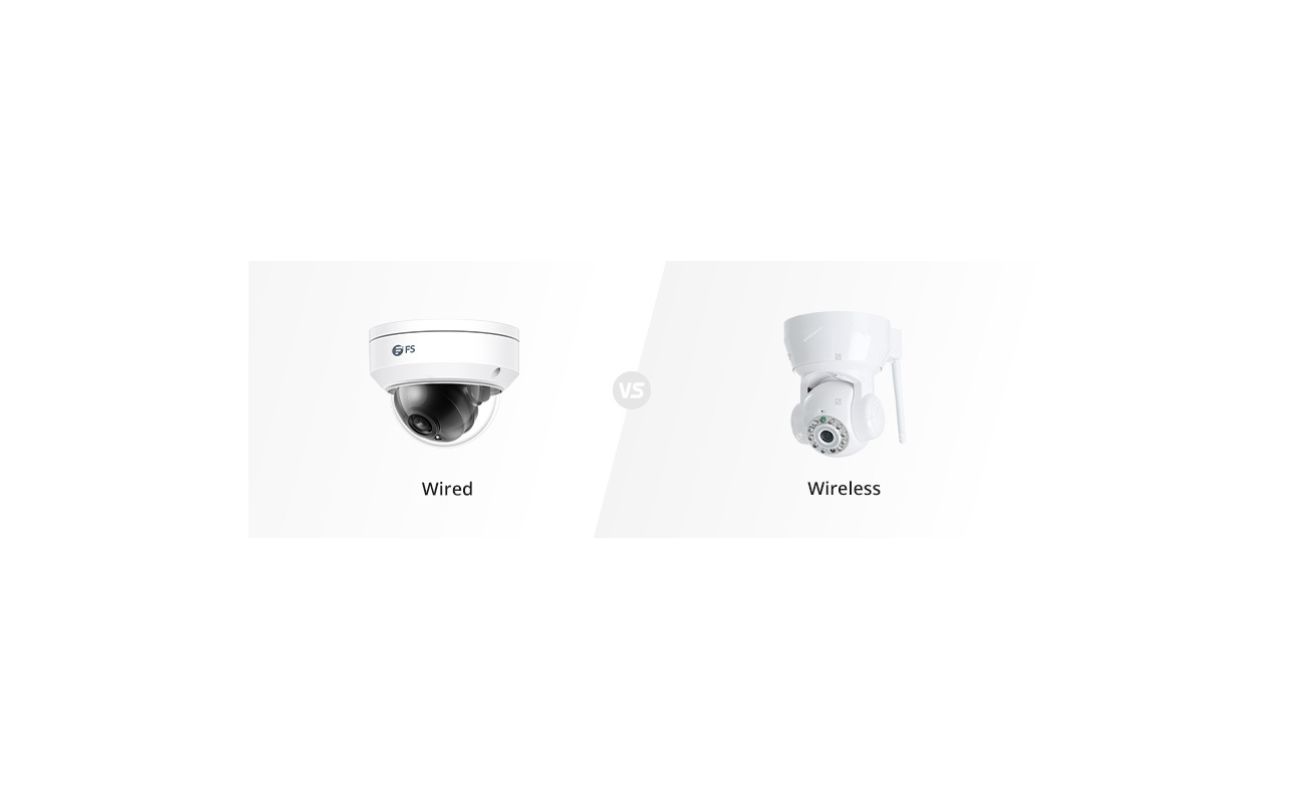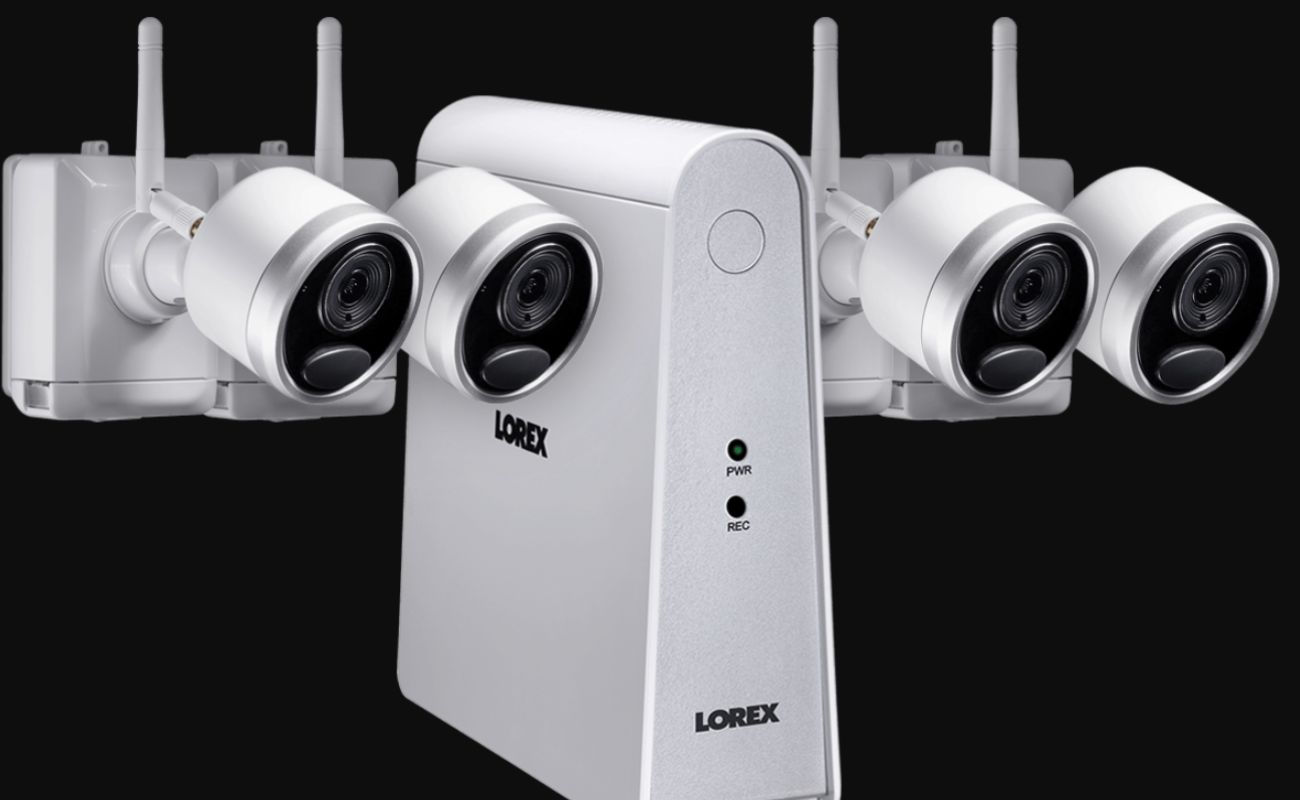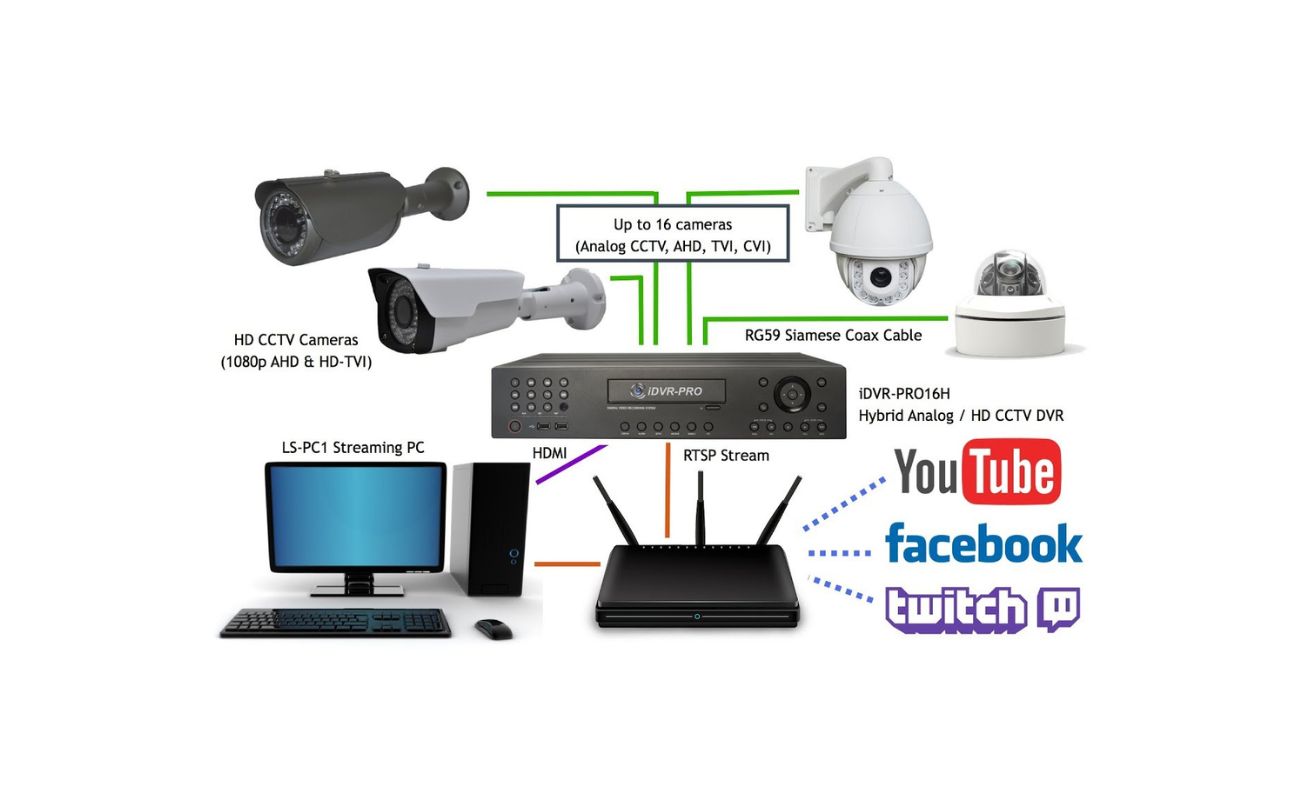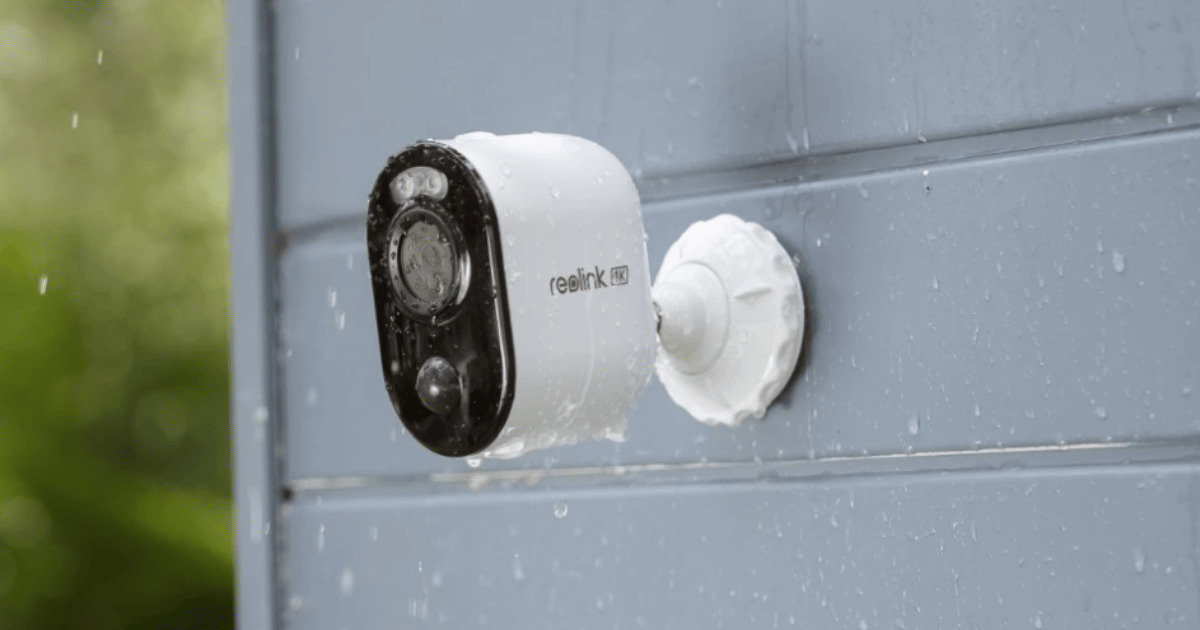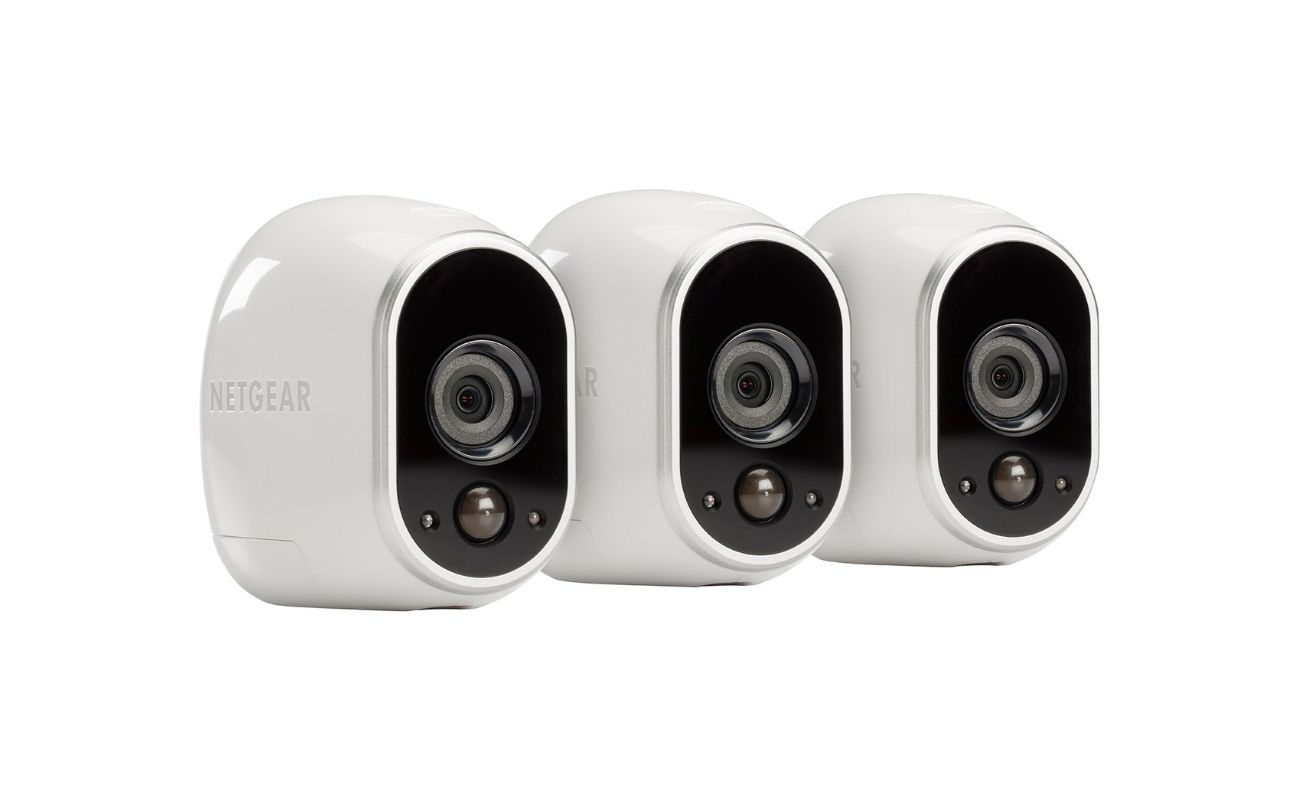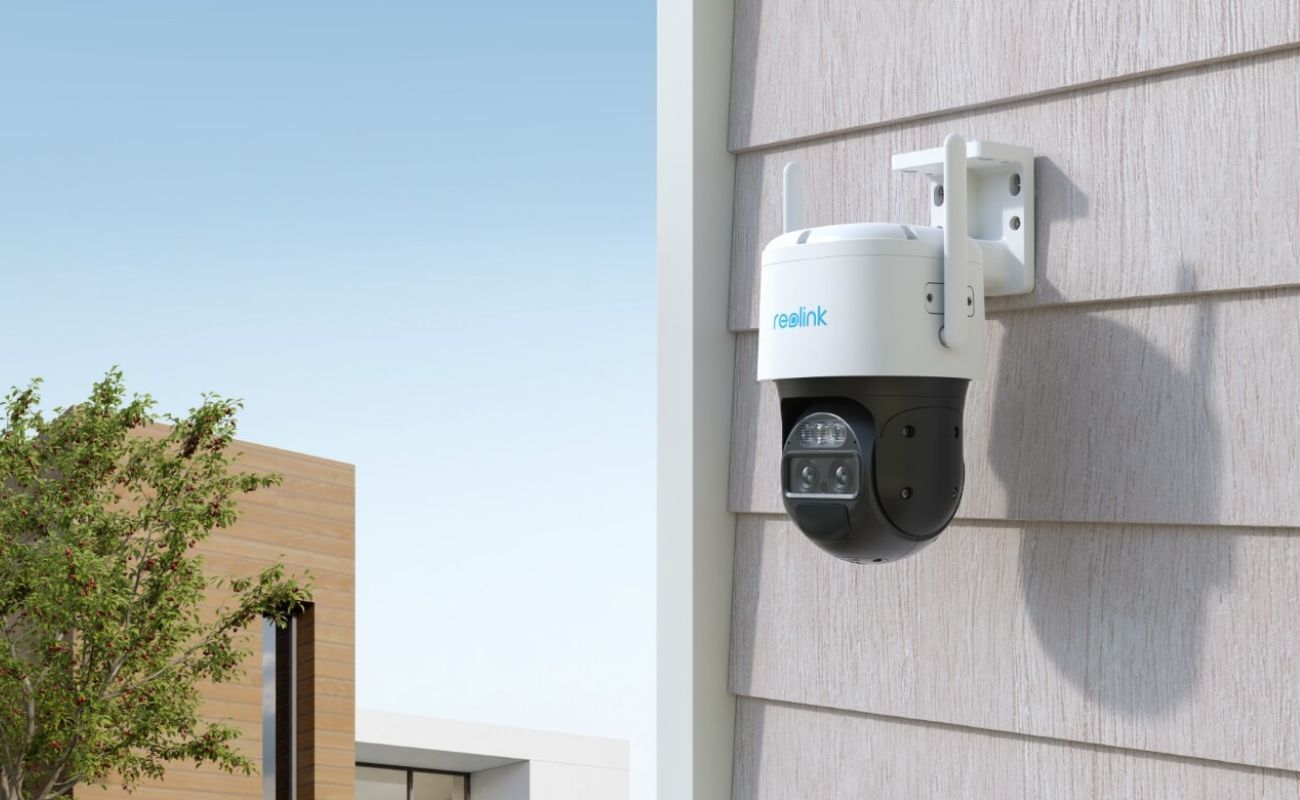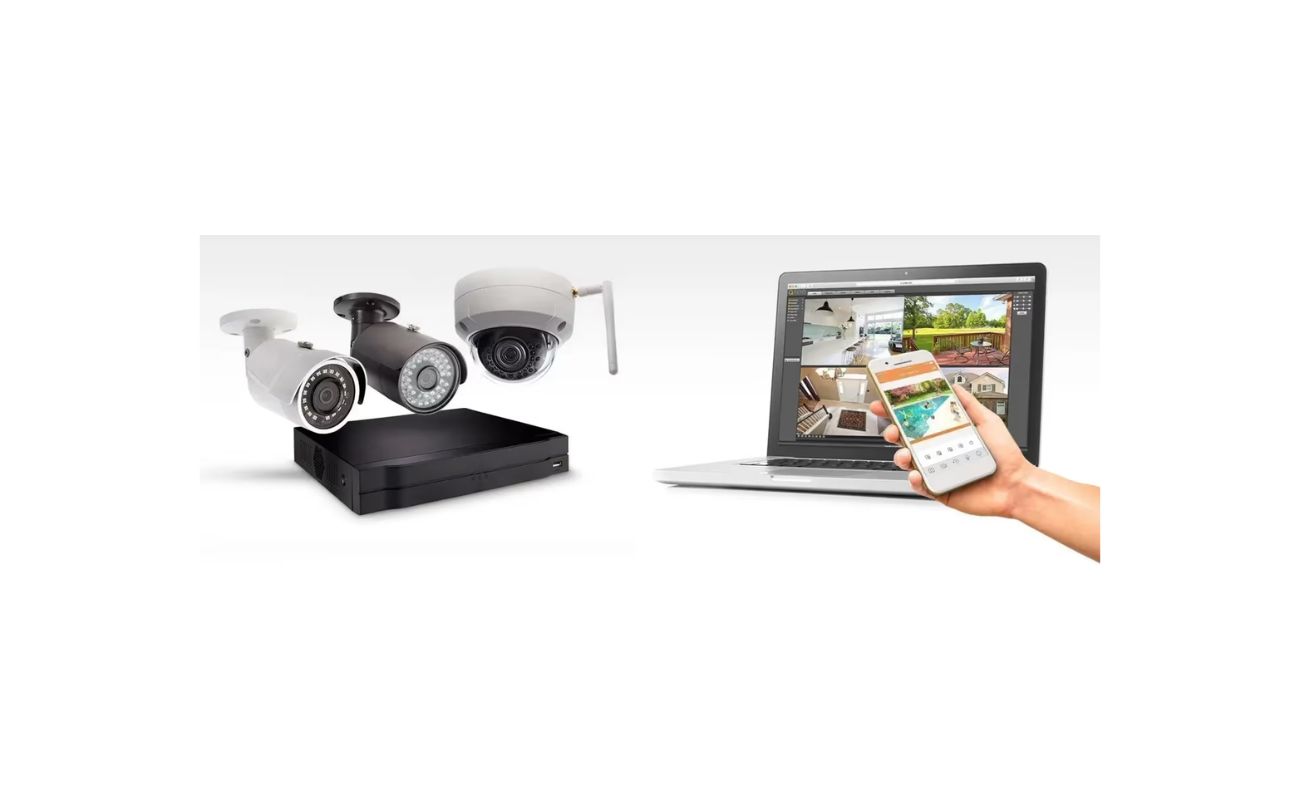Home>Home Security and Surveillance>How Secure Are Wireless Security Cameras – Someone Hacking Into


Home Security and Surveillance
How Secure Are Wireless Security Cameras – Someone Hacking Into
Modified: October 18, 2024
Learn how secure wireless security cameras are and discover the risks of someone hacking into your home security and surveillance system. Protect your privacy and ensure your peace of mind.
(Many of the links in this article redirect to a specific reviewed product. Your purchase of these products through affiliate links helps to generate commission for Storables.com, at no extra cost. Learn more)
Introduction
Welcome to the world of home security and surveillance, where wireless security cameras have become an essential tool for protecting our homes and loved ones. With advancements in technology, these cameras have made it easier than ever to monitor our properties remotely and keep an eye on potential threats. However, while wireless security cameras offer convenience and peace of mind, there is always the lingering question of how secure they truly are.
In this article, we will delve into the world of wireless security cameras, exploring their potential risks and addressing the concerns surrounding someone hacking into these devices. By understanding the vulnerabilities and taking appropriate precautions, you can ensure that your wireless security cameras remain an effective tool in safeguarding your home.
Before we dive deeper into the topic, let’s first gain a better understanding of what wireless security cameras are and how they function.
Key Takeaways:
- Keep Your Cameras Safe
Wireless security cameras offer convenience, but they can be hacked. Change default passwords, update firmware, and use strong network encryption to keep your cameras and home secure. - Stay One Step Ahead
Hackers are always evolving, so stay proactive. Use two-factor authentication, segment your network, and monitor connected devices to protect your cameras from potential breaches.
Read more: How To Hack Into A Wireless Security Camera
Understanding Wireless Security Cameras
Wireless security cameras, also known as Wi-Fi cameras or IP cameras, are a type of surveillance camera that connects to your home’s Wi-Fi network instead of using traditional wired connections. These cameras come in various shapes and sizes, ranging from indoor cameras designed for monitoring specific areas of your home to outdoor cameras built to withstand harsh weather conditions.
One of the key advantages of wireless security cameras is their flexibility and ease of installation. Unlike wired cameras that require extensive cabling and professional installation, wireless cameras can be set up by simply connecting them to your Wi-Fi network. This makes it convenient for homeowners to place the cameras in strategic locations without the hassle of drilling holes or running wires.
Once connected to your Wi-Fi network, wireless security cameras can be accessed and controlled using a companion mobile app or through a web-based interface. These apps allow you to view live video feeds, receive motion detection alerts, and even control camera settings remotely. With the ability to monitor your home from anywhere in the world, wireless security cameras provide a sense of security and peace of mind.
Many modern wireless security cameras are equipped with advanced features such as high-definition video quality, night vision capabilities, two-way audio communication, and even facial recognition technology. These features not only enhance the overall surveillance experience but also contribute to the effectiveness of these cameras in helping to deter potential intruders.
Now that we have a basic understanding of wireless security cameras, let’s explore some of the potential risks associated with these devices.
Potential Risks of Wireless Security Cameras
While wireless security cameras offer convenience and enhanced surveillance capabilities, they are not without their risks. It is important to be aware of these potential vulnerabilities to ensure the utmost security for your home.
One of the primary risks of wireless security cameras is the possibility of them being hacked. Like any other internet-connected device, wireless cameras are susceptible to cyberattacks. If an unauthorized individual gains access to your camera’s system, they could potentially view the live video feed, disable the camera, or even manipulate the footage.
Furthermore, hackers can exploit vulnerabilities in the camera’s firmware or companion app to gain control of the device. This can result in unauthorized access to your Wi-Fi network, putting your entire home network and personal information at risk.
Another risk is the potential for interception of the video feed. Wireless camera signals transmitted over Wi-Fi can be intercepted by individuals with malicious intent. This can compromise your privacy and provide a way for intruders to gather valuable information about your home and daily routines.
In addition to external threats, it is crucial to consider the privacy concerns associated with wireless security cameras. If the camera is not properly configured or secured, there is a possibility that the video feed could be accessed by unauthorized individuals or even shared on the internet without your consent.
Overall, the risks associated with wireless security cameras are real, but they can be mitigated with the right security measures and precautions. In the next section, we will explore the methods that hackers may employ to compromise the security of wireless security cameras.
Enable two-factor authentication on your wireless security camera system to add an extra layer of protection against hackers trying to access your cameras.
Methods of Hacking into Wireless Security Cameras
Hackers are constantly evolving their techniques to exploit vulnerabilities in wireless security cameras. Understanding these attack methods is essential to effectively protect your cameras from unauthorized access. Here are some common methods hackers may employ:
- Default Password Exploitation: Many wireless security cameras come with default passwords that are easily accessible on the internet. Hackers can use these default credentials to gain access to the camera’s system. It is crucial to change the default password immediately after installation to prevent unauthorized access.
- Brute Force Attacks: In a brute force attack, hackers use automated software to systematically guess the password of a camera by attempting various combinations until they find the correct one. To mitigate this risk, use strong, unique passwords and enable account lockouts after a certain number of failed login attempts.
- Firmware Vulnerabilities: Hackers may exploit security vulnerabilities in the camera’s firmware to gain unauthorized access. Regularly check for firmware updates provided by the manufacturer and promptly install them to ensure that known vulnerabilities are patched.
- Man-in-the-Middle (MitM) Attacks: In a MitM attack, hackers intercept the communications between the camera and the user’s device. They can then eavesdrop on the video feed or manipulate the data. To prevent MitM attacks, always connect to your camera using secure protocols, such as HTTPS, and avoid using public Wi-Fi networks.
- Wi-Fi Network Exploitation: If a hacker gains access to your Wi-Fi network, they can potentially compromise your wireless security cameras as well. Ensure that your Wi-Fi network is secure by using a strong password, enabling WPA2 encryption, and regularly monitoring connected devices.
It is important to note that hackers may employ a combination of these methods or other advanced techniques to gain unauthorized access to your wireless security cameras. By implementing robust security practices, you can significantly reduce the risk of hacking and protect your home from intruders.
In the next section, we will explore the measures you can take to secure your wireless security cameras and minimize the chances of them being hacked.
Protecting Wireless Security Cameras from Hacking
Securing your wireless security cameras is crucial to maintaining the privacy and integrity of your home surveillance system. By implementing the following measures, you can significantly reduce the risk of your cameras being hacked:
- Change Default Passwords: The first and most important step is to change the default passwords of your wireless cameras immediately after installation. Use strong, unique passwords that include a combination of letters, numbers, and special characters.
- Keep Firmware Updated: Manufacturers regularly release firmware updates to address security vulnerabilities. Make it a habit to check for firmware updates and install them promptly to ensure your cameras have the latest security patches.
- Use Strong Network Encryption: Enable WPA2 encryption on your Wi-Fi network to protect your cameras from unauthorized access. Avoid using outdated encryption protocols as they may have vulnerabilities that can be exploited by hackers.
- Enable Two-Factor Authentication: Two-factor authentication adds an extra layer of security to your camera’s login process. By requiring a second form of authentication, such as a code sent to your smartphone, it becomes much harder for hackers to gain access to your cameras even if they have your password.
- Segment Your Network: Consider creating a separate network for your wireless cameras to isolate them from other devices on your home network. This can help prevent a potential breach of your cameras from compromising your other devices.
- Regularly Monitor and Review Connected Devices: Keep an eye on the devices connected to your home network and review them regularly. If you notice any unfamiliar devices or suspicious activity, investigate further to ensure the security of your cameras.
In addition to these measures, it is essential to use trusted and reputable brands when purchasing wireless security cameras. Thoroughly research the manufacturer’s security practices and customer reviews to ensure the reliability and security of the cameras you choose.
Remember, maintaining strong security practices for your wireless security cameras is an ongoing effort. Stay proactive by staying updated on new security threats, regularly performing security audits, and educating yourself on best practices in home network security.
In the next section, we will wrap up our discussion on the security of wireless security cameras.
Read more: How To Hack Into Security Cameras
Conclusion
Wireless security cameras offer a convenient and effective way to monitor your home and enhance its security. However, it is important to be aware of the potential risks associated with these devices, particularly the threat of hacking. By understanding the vulnerabilities and taking the necessary precautions, you can ensure that your wireless security cameras remain a reliable and secure tool in safeguarding your home and loved ones.
In this article, we have explored the fundamentals of wireless security cameras and their functionality. We have also delved into the potential risks they pose, including the possibility of hacking and interception of video feeds. Furthermore, we have discussed common methods hackers may use to compromise the security of wireless security cameras, such as default password exploitation and firmware vulnerabilities.
To protect your wireless security cameras from hacking, we have provided several essential measures. These include changing default passwords, keeping firmware updated, using strong network encryption, enabling two-factor authentication, segmenting your network, and regularly monitoring connected devices.
Remember, securing your wireless security cameras is an ongoing process that requires vigilance and staying up to date with the latest security practices. By implementing these measures and being proactive, you can significantly reduce the risk of your cameras being hacked and enhance the overall security of your home.
It is our hope that this article has provided you with valuable insights into the security of wireless security cameras and the steps you can take to protect them. With the right precautions in place, you can confidently monitor your home and enjoy the peace of mind that comes with a secure surveillance system.
Frequently Asked Questions about How Secure Are Wireless Security Cameras - Someone Hacking Into
Was this page helpful?
At Storables.com, we guarantee accurate and reliable information. Our content, validated by Expert Board Contributors, is crafted following stringent Editorial Policies. We're committed to providing you with well-researched, expert-backed insights for all your informational needs.

